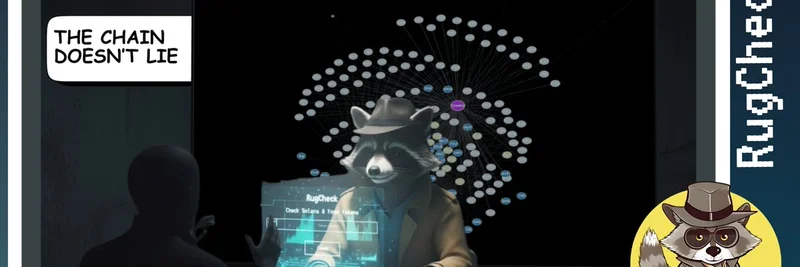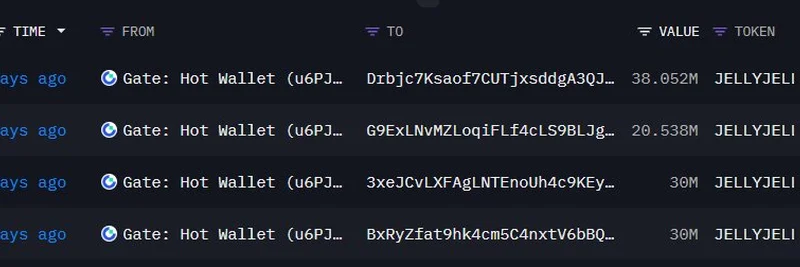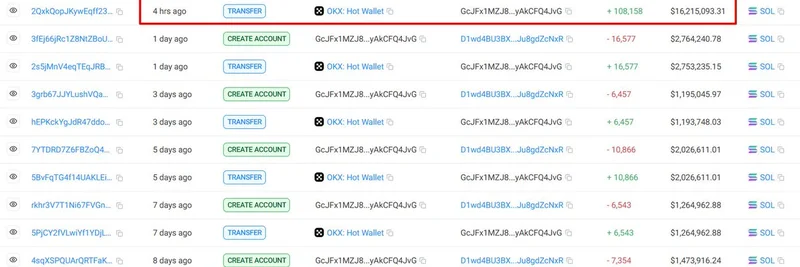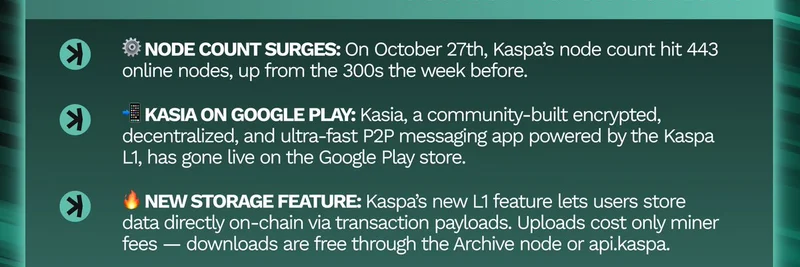If you've been navigating the wild world of meme coins on Solana, you know how quickly things can go from hype to heartbreak. That's where tools like RugCheck come in, acting as your digital detective to sniff out potential scams. Their latest post, dubbed RugCheck Vol 122, dropped on November 4, 2025, and it's a reminder that in crypto, data trumps drama every time.
Decoding the Tweet
The tweet from Rugcheck (@Rugcheckxyz) reads: "They’ll say it’s FUD. We’ll say it’s data. RugCheck doesn’t do opinions. Only truth." Accompanying this is a slick illustration that captures the essence perfectly.
Here, a trenchcoat-wearing raccoon—RugCheck's mascot—sits in a shadowy room, peering at a holographic display of interconnected nodes. These nodes represent wallet addresses and transactions, forming a web that screams "insider network." Labels like "Drainer," "Dev," and "Sniper" hint at suspicious activities, such as developers draining liquidity or snipers front-running trades. The speech bubble boldly states, "THE CHAIN DOESN'T LIE," emphasizing that blockchain's transparent ledger exposes these shenanigans, no matter how much FUD (that's Fear, Uncertainty, and Doubt, for the uninitiated) gets thrown around to discredit warnings.
What is RugCheck, Anyway?
For those new to the scene, RugCheck is a popular anti-rug tool built for the Solana blockchain. A "rug pull" happens when project creators hype up a token, attract investors, and then suddenly pull out the liquidity, leaving holders with worthless assets. RugCheck scans for red flags like unusual token minting authorities, locked liquidity pools, and now, with updates, even insider trading networks. It's like having a blockchain forensic expert in your pocket. You can check it out at rugcheck.xyz to scan tokens yourself.
This volume seems to spotlight their network analysis feature, which maps out connections between wallets to detect coordinated dumps or exploits. From earlier updates shared on X, RugCheck has been refining this tech to show more complete data on these networks, helping users spot patterns that scream "stay away."
Why This Matters for Meme Token Enthusiasts
Meme coins thrive on virality and community buzz, but that same energy attracts bad actors. Solana, with its low fees and fast transactions, has become a hotspot for meme token launches—think tokens inspired by everything from internet jokes to celebrity endorsements. However, the flip side is a higher risk of scams. RugCheck's data-driven approach cuts through the noise, providing verifiable insights rather than relying on hearsay.
Imagine you're eyeing a hot new meme token. Instead of gambling on vibes, you run it through RugCheck and see a cluster of wallets linked to known drainers. That's your cue to bail. As the tweet implies, critics might label these revelations as FUD to protect their bags, but the on-chain data? It doesn't lie.
Staying Safe in the Meme Game
Tools like RugCheck are essential for anyone serious about meme tokens. Pair it with other best practices: always check liquidity locks on platforms like Dexscreener, monitor social sentiment, and never invest more than you can afford to lose. With volumes like this, RugCheck continues to build a safer ecosystem, one exposed network at a time.
For the full post, head over to the original tweet. If you're into meme coin intel, stick around at Meme Insider for more breakdowns and updates. What's your take on this volume—seen any shady networks lately?




